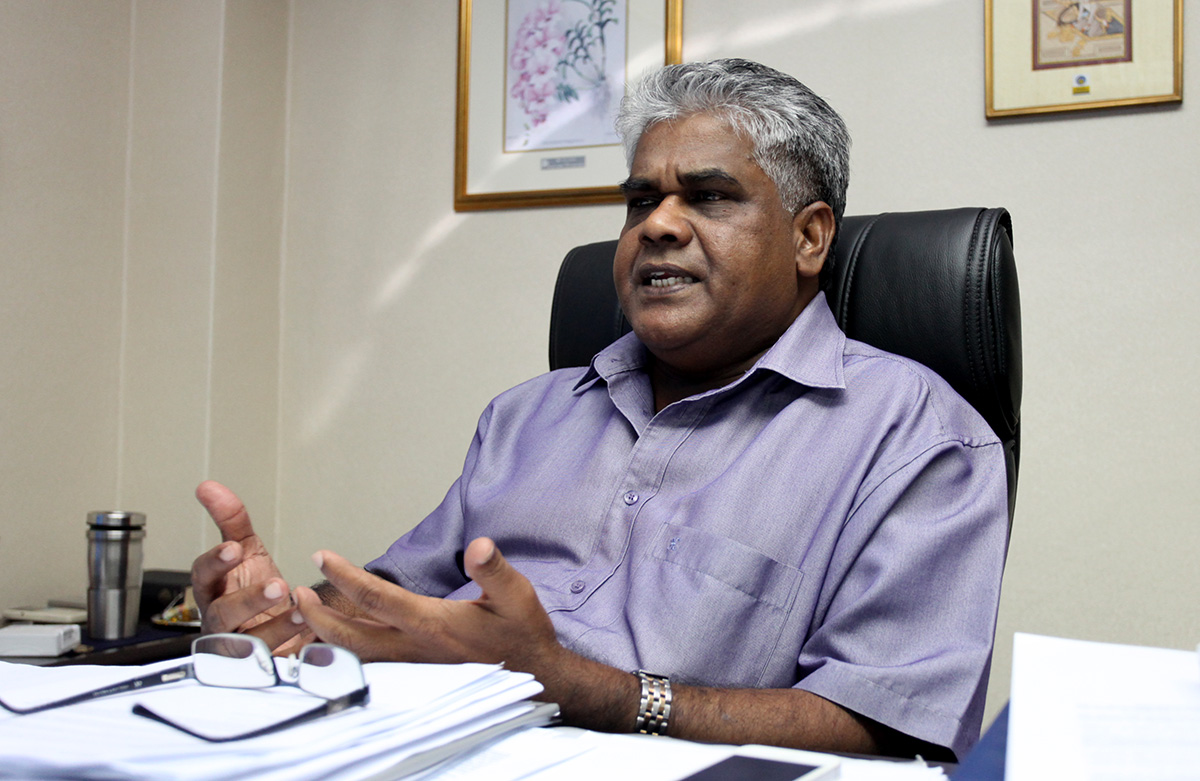Civil Servants Might Only Have To Work Six Hours A Day In The Future
In fact, a ministry has already implemented flexible work hours for its staff.
Remember when Sweden started experimenting with six-hour work days? The Women, Family, and Community Development Ministry has voiced its full support for implementing reduced work hours for civil servants.
Minister for the Women, Family and Community Development Ministry, Datuk Seri Rohani Abdul Karim.
Image via The MoleMinister Datuk Seri Rohani Abdul Karim has expressed that the ministry welcomes the Malaysian Trades Union Congress' (MTUC) call for the government to consider reducing daily work hours for government employees from the current eight hours to six hours.
"I welcome the call from the MTUC and I would also like to thank the Chief Secretary to the Government Tan Sri Dr Ali Hamsa, who will look into and scrutinise the proposal," she said.
Datuk Seri Rohani Abdul Karim is of the opinion that reduced work hours will be able to provide work-life balance for civil servants and that the ministry has already implemented flexible working hours
"Over the past two years, we (the ministry) have been implementing flexible working hours, with three options, for our staff," she said.
Just last week, MTUC called for the government to consider reducing daily work hours so as to increase productivity and prevent burnout among Malaysian employees
According to MTUC secretary-general N. Gopal Krishnan, longer working hours could negatively impact employees in the long run and eventually reduce productivity.
"When we talk about productivity, we believe the six-hour workday would benefit not only on the productivity aspect. If the worker gets enough rest, they would return the next day, reinvigorated and ready to give their best at work," said Gopal in an interview with Astro Awani.
In Sweden, where six-hour work days have been implemented by some employers for a few years now, reduced work hours has seen positive outcomes among employees. A particular experiment done in a nursing home saw a 20% increase in happiness among its nurses, while the likelihood of workers taking sick leave has been halved.
He also said that the 48-hour work week allocated within Malaysian law is "too long", adding that we have to compare our productivity levels with other countries' if we wish to attain developed nation status by year 2020
Gopal said that some neighbouring countries in Southeast Asia have reduced the maximum working hours in a week to 40 hours per week, compared to the 48 hours per week currently provided within the law in Malaysia.
"If we want to achieve developed nation status, we have to compare our productivity levels to the other countries. Therefore, I think the time is right for the government to consider reducing the daily working hours so that it will benefit the workers in the long run," he concluded.
What does the government have to say about this? Chief Secretary to the Government, Tan Sri Ali Hamsa said that they will study the proposal in detail, although certain agencies have already practiced seven-hour work days.
According to Tan Sri Ali Hamsa, several government agencies - especially civil servants in Urban Transformation Centres (UTC) - have begun practicing seven-hour work days.
"In some UTC and certain agencies, a 14-hour shift is divided between two people, or seven hours per person. So, it has already been practised. Now we have to study why do we need the six hours," he said, adding that there has also been proposals to allow civil servants to work from home.


